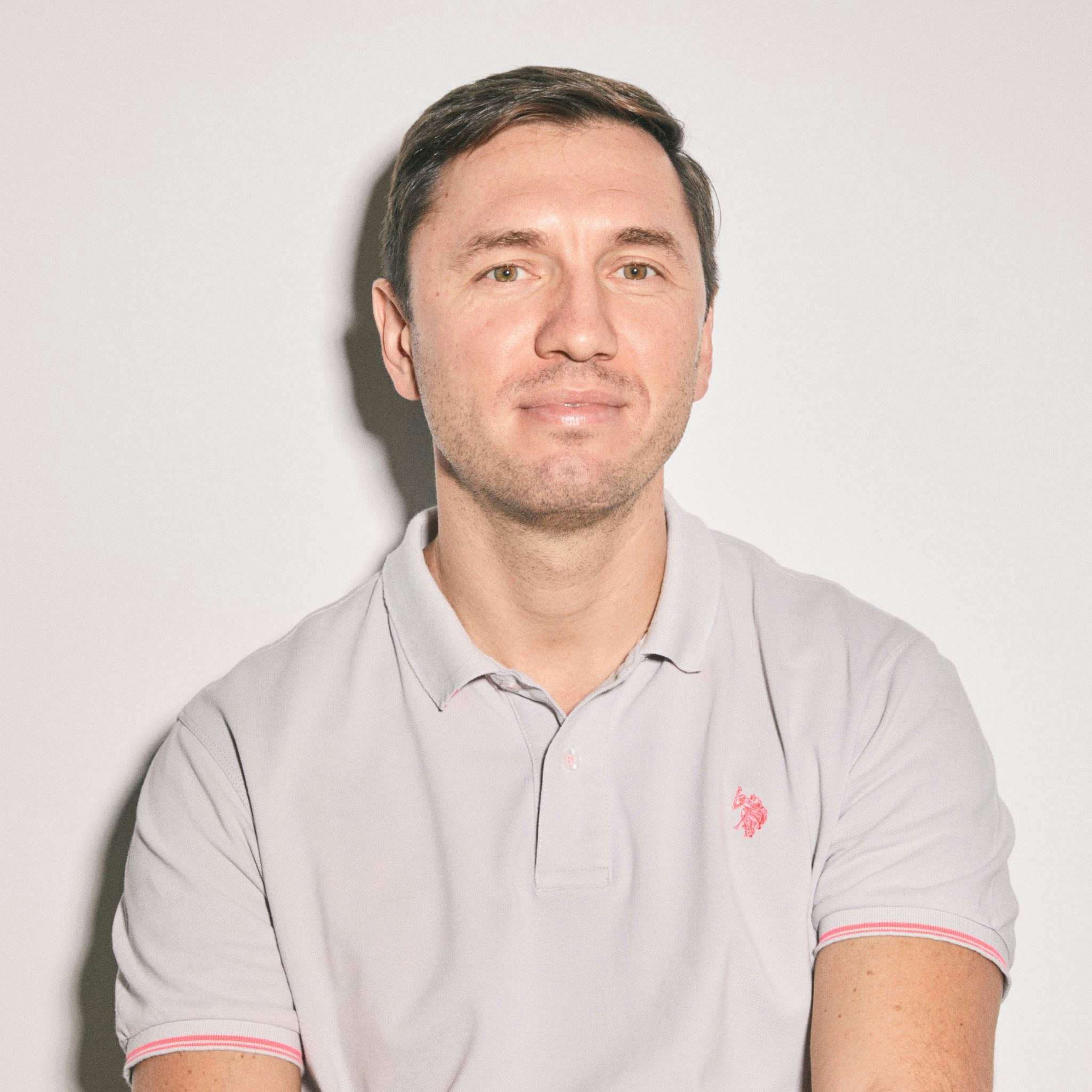Five years before the metaverse became trendy, Danish edtech company Labster was already building one.
Founder Michael Bodekaer Jensen might not have used the term at the time, but this is essentially what the platform is — an educational “eduverse” where students can wander around a science campus to do virtual experiments or take VR-based medical training courses, and where teachers could build and share their own digital teaching materials.
Labster boomed when the Covid-19 pandemic closed many schools. And the company feels it can move up another gear as the metaverse awakens schools, governments and businesses to the potential of immersive virtual worlds.
The company just raised $47m in a round led by Sofina Group and Pirate Impact to help support this growth. This brings the total raised by the 11-year-old company to $147m. Other investors participating in the round included Owl Ventures, Andreessen Horowitz, EduCapital, NPF Technologies, GGV Capital, Balderton Capital, Northzone, Swisscom Ventures and David Helgason, founder of Unity Technologies.
“The metaverse conversation is massively helping accelerate our mission,” Bodekaer Jensen tells Sifted. “We really want to see governments shifting budgets from just building physical buildings to building virtual learning assets. The metaverse analogy is helpful for that.”
My dream vision is that one day someone winning the Nobel Prize for a cancer cure or a climate change solution goes on stage and says that it all started with playing with Labster
The Indian government, for example, recently invested in a virtual reality smart classrooms project to help pupils learn science with the help of immersive experiences in VR labs.
Virtual reality learning and training is emerging as one of the areas of the metaverse with the most interest for investors. Bristol-based Virti, which provides VR-aided medical training, for example, recently raised a $10m Series A round led by IQ Capital and joined by Cedars-Sinai Medical Center.
Labster, which currently works with more than 5m students and 3,000 universities and high schools, mainly in Europe and the US, is planning to expand further in these regions and also move into Asia and Latin America.
👉 Read: European edtech — no longer last in class?
Its overall mission, Bodekaer Jensen says, is to reach more than 100m students worldwide and to power up science education across the world.
“My dream vision is that one day someone winning the Nobel Prize for cancer cure or a climate change solution goes on stage and says that it all started with playing with Labster. We would really love to be that kind of ignition,” he tells Sifted.
The eduverse that doesn’t require VR headsets
The idea for Labster was first inspired by a flight simulator. Bodekaer Jensen’s cofounder, Mads Tvillinggaard Bonde, was a professor struggling to engage his biotechnology students. Bodekaer Jensen, a games designer, suggested designing an immersive game to help grab their attention.
The approach seems to work. One study, published in Nature Biotechnology, found that students’ test scores were 76% higher after they took part in a Labster laboratory simulation compared to conventional teaching methods.
It doesn’t all have to involve VR headsets and complicated technology.
We have designed our platforms so you can access it on laptops, Chromebooks — it is optimised even to run on a $50 mobile phone
“I am looking forward to the day that VR headsets are priced at less than $100 and are more comfortable to wear for longer periods of time. But before that, we have designed our platforms so you can access it on laptops, Chromebooks — it is optimised even to run on a $50 mobile phone,” says Bodekaer Jensen, noting that keeping the tech simple would be essential to entering markets in developing countries.
Engaging storylines and gameplay-like missions are the key to keeping students engaged, even when they aren’t plugged into a full VR headset, he says.
Bodekaer Jensen admits that there is still some concern by educators that virtual learning will be a poor substitute for real face-to-face lessons. There is still work to be done in winning many of them over. But, he says, the “eduverse” was never meant to be a replacement for teachers, only a booster or a supplement.
“I would always want a pilot to have flown a real plane before letting him fly me anywhere. But I would want him to have had a lot of flight simulator practice too.”



